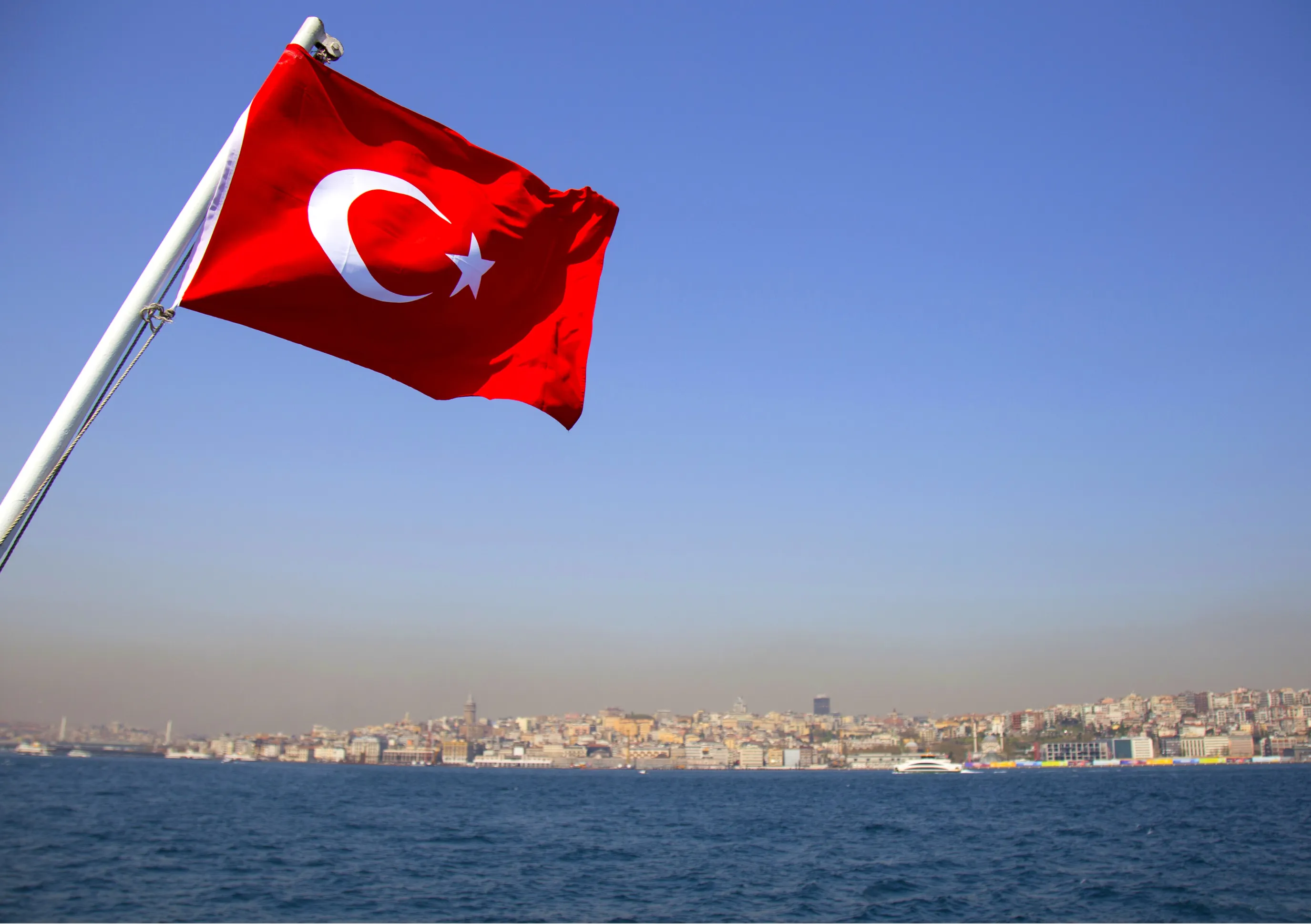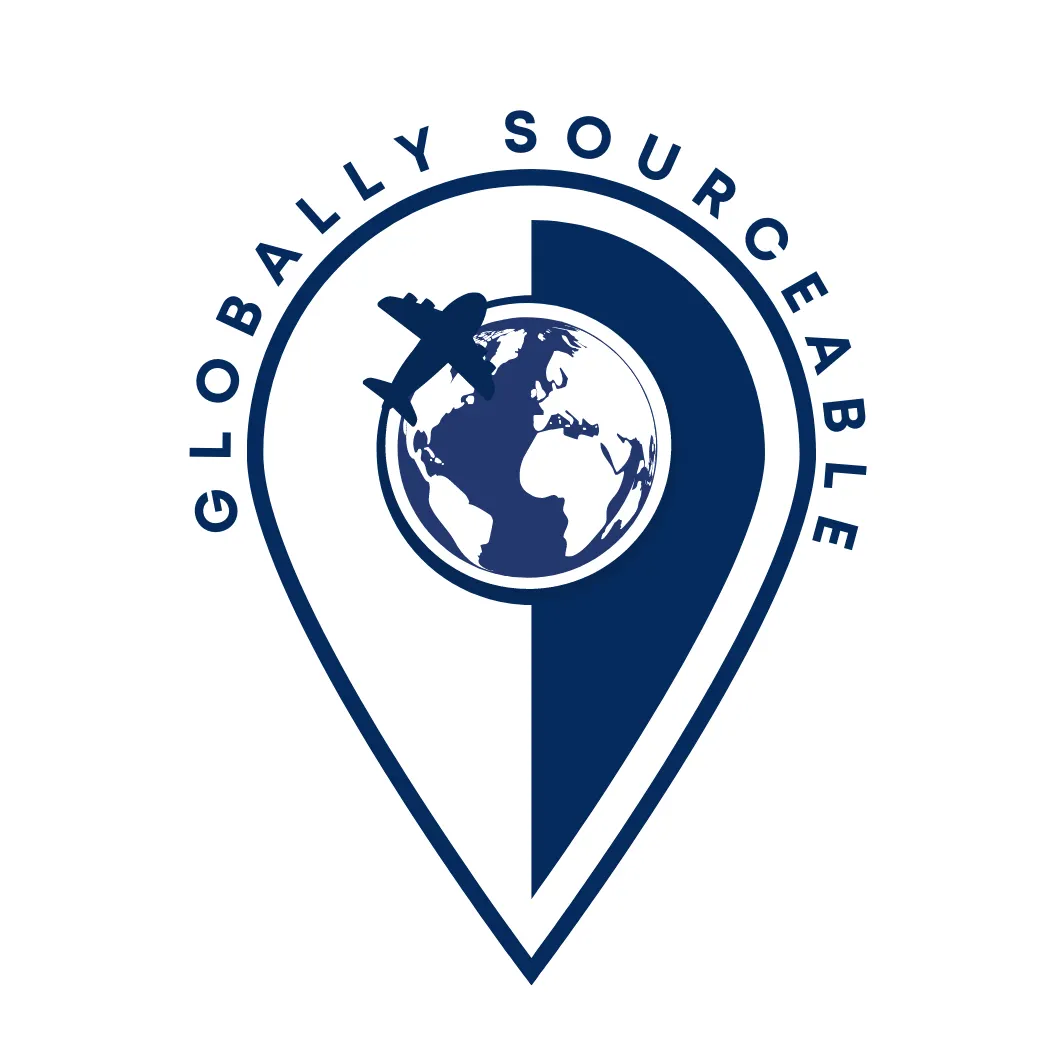Turkey v Eurasia and Caucasus

As a buyer, you may be investigating markets globally for your requirements. For buyers from developed or advanced economies, there are many choices around the world. Globally Sourceable is based in Turkey, and principally provides high value sourcing services from Turkey and regional neighbors, but we also work globally through our qualified partner network. Naturally, we would like you to look at Turkey first when considering where to make your purchasing agreements. When comparing the benefits of sourcing products from Turkey versus other emerging and low-cost markets in Eastern Europe, the Caucasus, and Central Asia, there are several key criteria to consider:
First, Cost: Turkey has a relatively high cost of labor compared to other emerging markets in the region. A lot of Asian countries have low populations relative to land size, and have been unable to fully develop their economies. This makes Turkey a strong regional partner for their exports and onward distribution, with Turkey supplying a lot of expertise and logistical support for the extraction and processing of raw materials. Turkey has a well-developed manufacturing sector and a skilled workforce, principally in various engineering disciplines, which can offset some of the higher labor costs. Additionally, Turkey has a relatively low corporate tax rate, which can make it an attractive destination for foreign investment if your plans extend beyond simply sourcing.
Second, Quality: Turkey has a good reputation for producing high-quality products, particularly in sectors such as textiles, where Turkey is a top global producer and exporter, automotive, where it operates many factories and assembly plants for global brands, and white goods, where Turkish manufacturers are the number one sellers in the European Union. This can be a significant benefit for companies looking to produce premium products.
Location: Turkey's geographic location at the crossroads of Europe, Asia, and the Middle East makes it an attractive sourcing destination for companies looking to serve these markets. The country has invested significant sums of money in modern ports and airports, such as the huge shipping and container ports at Istanbul, Izmir, and the world's largest airport in Istanbul. Turkey has a well-developed transportation infrastructure, with plentiful regional airports, roads and rail networks linking producers to export points. Agricultural and petrochemical products flow through Turkey as a regional hub, while mining and textile production is a key production and export focus found in abundance. These features can often make it easier and more cost-effective to import your products from Turkey than from other emerging markets in the region, and is highly competitive with any Eurasian or Caucasus based suppliers. Russian exports often flow through Turkey via pipelines or shipping across the Black Sea, as do those of Georgia, Modlova and Azerbaijan. Turkey is the obvious choice from which to access all of these.
Legal and regulatory environment: Turkey has a relatively stable political and economic environment, which can make it a more predictable and reliable sourcing destination than most of the Eurasian or Caucausian markets in the region. There can be difficulties in obtaining recourse to law if things go wrong. Without well-placed political contacts it can be challenging to satisfactorily resolve problems, or even simply navigate the bureaucracy. Additionally, Turkey is a member of the World Trade Organization and has signed free trade agreements with several countries, especially as a gateway to the European Union (subject to free trade rules about original manufacture and remarketing), which can make it easier for companies to do business in the country.
Language and culture: Turkey has a relatively Westernized culture,with many top schools and universities giving entire courses in English, and with German and French being popular as languages to learn due to historical connections with migrant communities in those countries. Many Turkish business people speak English to a reasonable level, although this is mainly in the very largest cities and international businesses. This can make it easier for companies to do business in Turkey than in less Western-friendly emerging markets in Eurasia and the Caucasus.
When considering sourcing from Turkey, it is important to weigh these factors against the potential benefits of sourcing from other emerging and low-cost markets in Eastern Europe, the Caucasus, and Central Asia, such as lower labor costs and a large pool of potential suppliers. Countries including Russia, Belarus, Ukraine, Moldova, Georgia, Armenia and Central Asia have a relatively accessible manufacturing sectors, which can offer some sourcing opportunities in select industries.
Ultimately, the decision will depend on your specific needs and the products you are looking to source. You should carefully evaluate your supply chain needs and the potential costs and benefits of sourcing from different markets before making a final decision.
In summary, Turkey offers a good combination of quality, location, and a predictable legal and regulatory environment, which makes it an attractive destination for sourcing products. However, it also has a relatively high cost of labor compared to other emerging markets in Eastern Europe, the Caucasus, and Central Asia. It is important for you to weigh the pros and cons of sourcing from Turkey versus other emerging markets in the region based on your specific needs and requirements.
At Globally Sourceable we believe that Turkey represents great value to our buyers, but we always maintain our connections and networks globally to offer the best solution to each buyer. Contact us now to start your next sourcing project.
